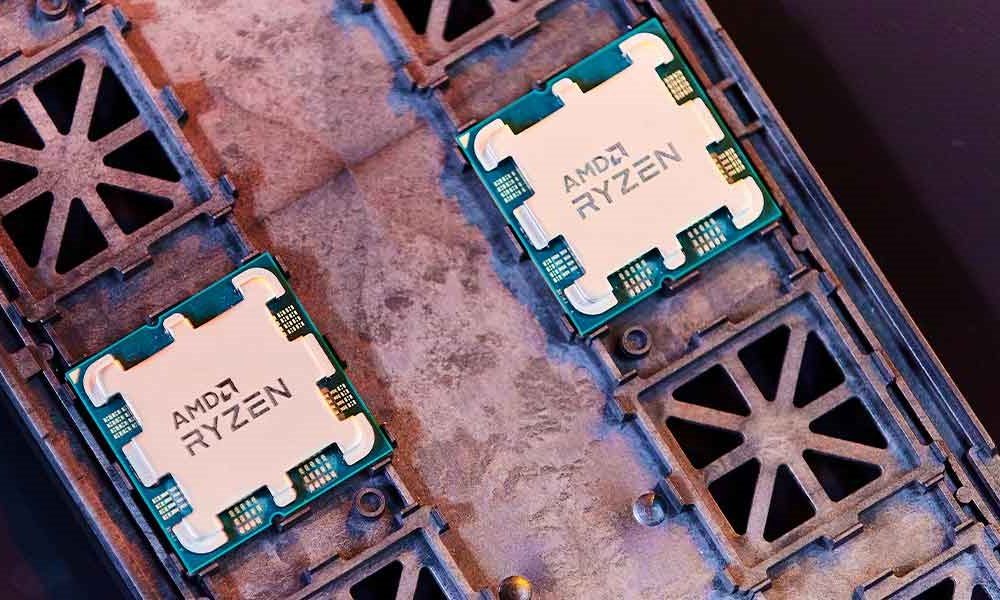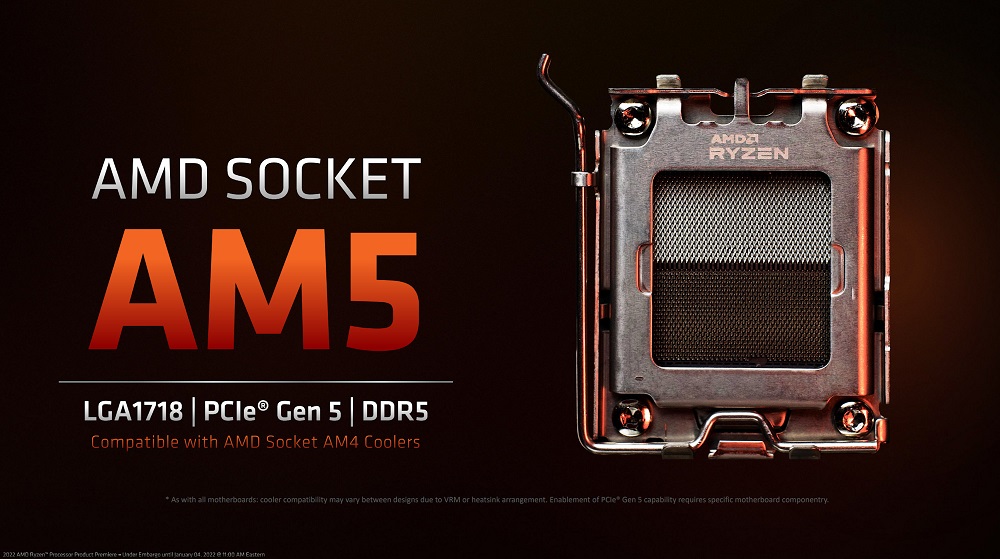
Already at the beginning of this year, during the CES 2022 fair, we saw how AMD dated for the middle of this year the future arrival of its next generation of processors Ryzen 7000 for desktop computers, based on the new Zen 4 architecture. Thus, although some first rumors pointed to the possibility of a small advance for this spring, and later at the end of the year, the latest leaks point to a date for a new line with the company’s First Announcement, within the third quarter of the year.
Specifically, the latest report shared from DigiTimes alleges that upcoming Ryzen 7000 series CPUs (leaked under codename “Raphael”) will be released in September 2022. Although it seems that we will not have to wait that long to know some official details about these processors, pointing to a first preliminary presentation during the next Computex 2022, later this month, in which AMD is expected to talk about Smart Access technology. Storage (SAS), a supposed new technology for increasing storage speed that could be inspired by DirectStorage.
As for the processors themselves, it is already confirmed that the new Ryzen 7000 will arrive built under a 5 nanometer technology and the already advanced Zen 4 architecture, which will bring an 18% jump in instructions per cycle (IPC) compared to the previous generation. Although unfortunately AMD has not yet specified if this increase refers to the base architecture Zen 3, or one of its later revisions such as Zen 3D or Zen 3+.
And it is that each chiplet will have a total of 8 cores, and thanks to SMT technology you can move a total of 16 threads. We expect profound changes that will improve the IPC and increase the working frequencies above 5 GHz, a milestone in modular CPU designs.
So, putting these details together with the rest of the previously leaked data, we complete the picture of these new CPUs with compatibility with socket AM5 (LGA1718) of the next generation and the DDR5 RAM memory package, as well as with the new PCIe 5.0 storage standardensuring full compatibility with the new generation of desktop components.




